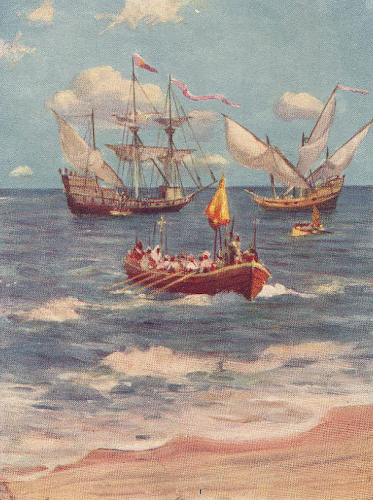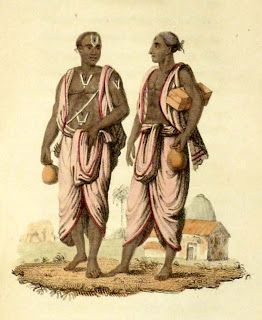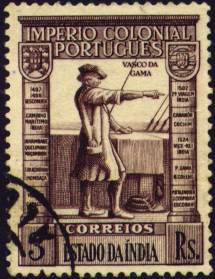
Murder of Two Brahmin Ambassadors
India is the first country in the world to frame rules regarding international ambassadors. India is the first country in the world that framed law regarding diplomatic immunity. This shows civilization has advanced to the highest level in ancient India, which has got no parallel. We have two episodes of peace missions in Ramayana and Mahabharata. Both the episodes describe the rules for ambassadors. Hanuman went on a mission to Sri Lanka to see Ravana. Krishna went on a peace mission to see the Kurus: Dhritarashtara and Duryodhana. On both the occasions, when kings tried to ill treat the ambassadors, the ministers reminded the kings of the accepted norms and warned them not to do so.
Hanuman went to Lanka to see Ravana and demand return of Sita, whom he abducted. Enraged Ravana wanted to execute Hanuman, but Ravana’s brother Vibhishana reminded him that an ambassador cannot be ill treated.
Tamil Rules
Tamil Veda Tirukkural has an entire chapter about ambassadors. Brahmins were sent as ambassadors in the historical period. Brahmins can travel to any part of ancient India without any hurdles. 2300 year old Arthashastra of Chanakya says that Brahmins need not pay even ferry charges.
People of highest calibre only were appointed as ambassadors. Tirukkural has got ten couplets on this subject. Following three describe the qualities required for ambassadors:
“The faithful ambassador is pure in heart, obtains helpful alliance and is bold in presenting facts”.
“The proper messenger to a foreign court is he who is flawless in words, and brave in heart, but never loose in tongue”.
“The bold envoy, even at the cost of his life, assures the well being, safety and joy of his leader”. (Tirukkural 688- 690)

We see these virtues in Hanuman and Sri Krishna. Anjaneya (Hanuman or Maruthi) was described as ‘Master of Words’.
We have two unfortunate reports of two Brahmin ambassadors’ murder in the historical period. Sangam Tamil literature narrates one incident where a Brahmin messenger was killed by illiterate robbers. The other murder is an atrocious betrayal by the ruthless Portuguese traveller Vasco da Gama.
2000 year old Akananuru (Sangam Anthology) verse 337 says:
A Brahmin was coming with a message in his hand. It was a message written on palm leaf and rolled. The robbers thought it was gold and killed the Brahmin messenger. When they realised that he was a poor Brahmin in rags, they regretted their action very much, says the poet Palai Padiya Perum Katunko.
Purananauru verse 305 by poet Madurai Velasan praises a Brahmin messenger for his quick and positive role. The slim and tired Brahmin came and went quickly in to the palace in the dark night. Next minute the king who got his message changed his mind and stopped the war fearing defeat. The poet adds the Brahmin spoke only few words but it was tremendously fruitful.
Evil Vasco da Gama
Portuguese sailor Vasco da Gama came to Calicut (Kozikodu) in Kerala in 1498. He met the Hindu king of Calicut and he was given a warm welcome. But relationship deteriorated in the next few years and 70 Portuguese workers were killed in Kerala. So he avenged their death by bombarding Calicut during his second voyage to India in 1502. He attacked a ship going to Mecca with 400 pilgrims and burnt them to death. He insulted the Nambudiri priest who came for negotiation. The priest’s ears and lips were cut and dog’s ears were sewed and sent back to Zamorin of Calicut. In fact he was the one who interpreted for him during his first voyage. On another occasion he killed the Brahmin messenger sent for negotiations.He cut him into pieces. Both the incidents took place in his ship. Portuguese destruction of all that is Hindu in Goa, Diu and Daman is a different story.

Krishna, the Divine Ambassador
Swami Krishnannda of Divine Life Society wrote a beautiful poem about Krishna’s Peace mission:
1. Sri Krishna turned his gracious glance and spoke in soothing terms,
"Well, what is past is past, of course, now further steps be thought."
2. "A messenger, learned in lore, be despatched quickly hence,
To court of Kurus with a request that your share is due."
3. "Since errand sent with milder touch bore not a happy end,
Methinks a stronger politic take up this task on hand."
4. "Whom shall we send, thou, all-knowing, may kindly suggest us,
A person who would speak and explain facts of justice plain."
5. So wondered eldest of the brethren, good Yudhishthira,
To which Sri Krishna thus replied in loving tender words.
6. "I am here, king, ready am I to do this work of peace,
As errand-man I go to Kurus and convey your views."
7. "No, nothing doing, thou shalt not, our heart and soul thou art,
Thy single march to camp of foes I wholly disapprove.
8. "Thou shalt not go, our life thou art, our life is in thy life,
No, never, Master, I shall myself or my brothers go."
9. In loving kindness Krishna spoke to fear struck righteous king,
"Fear not my life, I have the strength to protect myself safe;
10. "Not all the kings, with all weapons can face me in battle,
As herd of deer dare not stand before a lion's rage.

-----Swami Krishnanada of DLS
Contact [email protected]
*****
